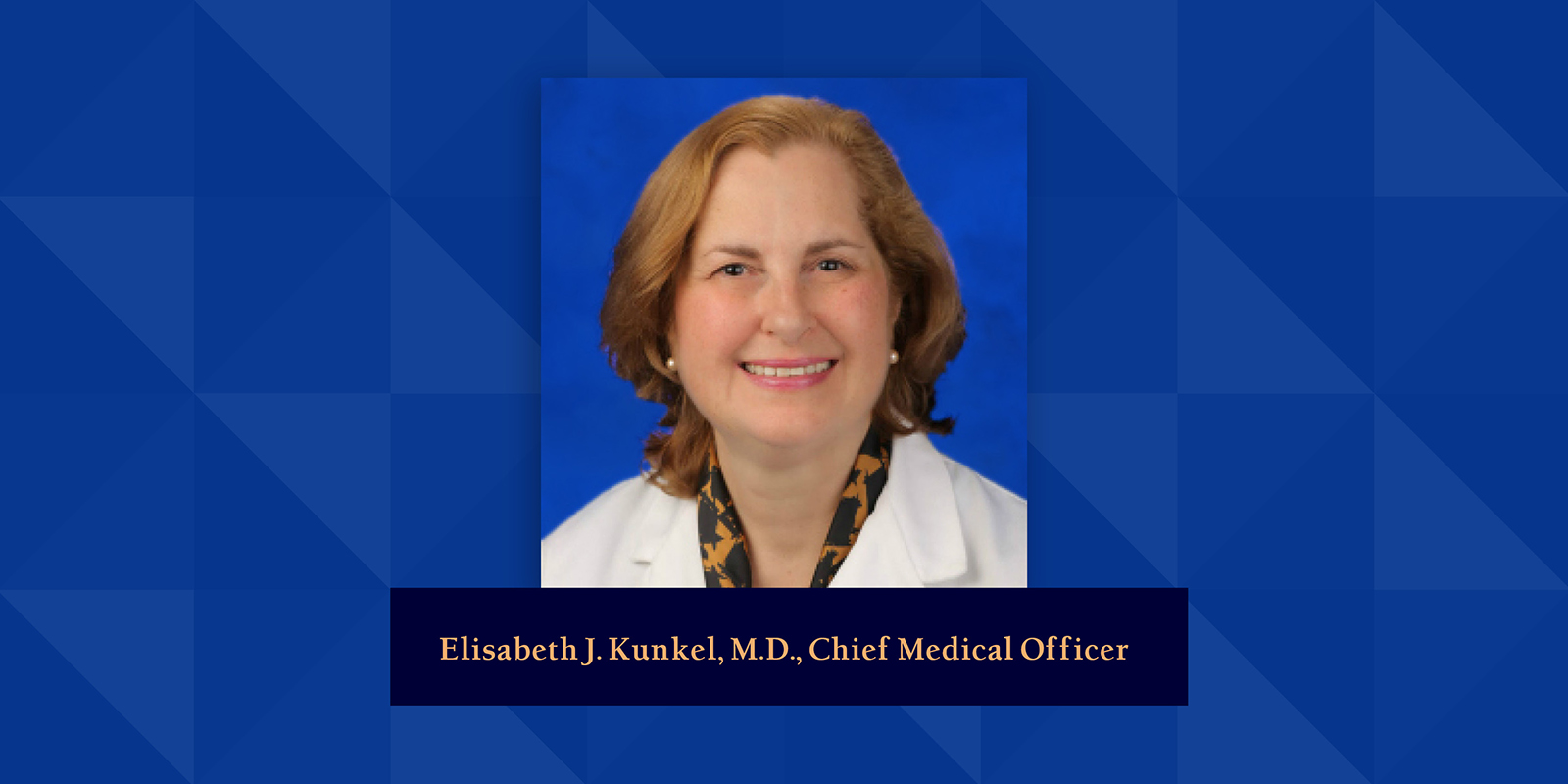The holiday season is traditionally associated with joy and celebration, yet for many, it can also usher in stress, sadness and depression. Nikki Fogle, a Licensed Counselor and Unit Therapist at Pennsylvania Psychiatric Institute (PPI), sheds light on the phenomenon known as the “Holiday Blues” and offers guidance on managing these feelings.
“The Holiday Blues consist of feelings of depression, sadness, loneliness or can be noticed as more anxiety or fatigue that are exacerbated during, or appear relative to, the holidays,” explains Fogle. These emotions, though temporary, are intimately linked to this period.
Fogle highlights that the holiday blues manifest through both emotional and physical symptoms. “When it comes to mood, typically there’s feeling of angst, being personally frustrated, noticing more stress or anxiety, feeling often tired or edgy and not knowing why, feeling more depressed and unmotivated or noticing an increase in sadness. Physically, we see changes in behavior patterns like an increase in headaches, more isolation, not answering the phone, over or under eating and drinking or smoking more.”
In various forms, loss is frequently at the root of these feelings. “Loss doesn’t necessarily mean that of a loved one. It can also mean loss of support or a breakup or nonconventional loss, such as: loss of function due to a medical condition, loss of expectations or loss of finances,” notes Fogle.
Discussing susceptibility, Fogle mentions, “If someone already has a mental health illness, they can be predisposed to notice an increase, in frequency or severity of symptoms. Major life changes that happen prior to the holidays, like significant losses of people or pets, relationship statuses, or even the loss of a job or big move can also predispose someone. And it’s not always a negative experience that can bring about the blues. Sometimes having a baby – which is a wonderful thing – can exacerbate the blues for some due to the process of dealing with that change.”
To help cope with the Holiday Blues, consider the following options:
Proactive Social Engagement
If you’re isolating, actively seek social connections. Engaging in community activities or volunteering can also be beneficial.
Boundary Setting
Knowing your limits is essential, and it’s okay to decline invitations or leave events early for your well-being.
Volunteering and Charity
Participating in community service can be a meaningful way to connect with others and reduce feelings of loneliness.
Moderating Social Media Usage
Social media can often distort reality. Reducing its use can help focus on genuine connections and alleviate stress.
Seeking Support
If stress, depression or anxiety persist, consider discussing your feelings with a therapist or someone you trust.
Honoring Lost Loved Ones
Find ways to remember and honor those you’ve lost during the holidays. Sharing memories can enrich your holiday experience.
Accepting Imperfection
Remember, it’s okay not to have a perfect holiday. The season is about connections, not perfection.
Additionally, Fogle emphasizes the importance of self-care and realistic expectations during the holidays. It is important to create quiet time for yourself and understand that saying no is acceptable. Be mindful of your resources, including time, energy and finances.
Navigating family dynamics can also be challenging. If family interactions are a trigger, plan to maintain your safety. Set limits on your time and substance intake and seek support if needed.
While Holiday Blues can appear similar to seasonal affective disorder, they are distinct. The Holiday Blues typically dissipate after the holiday season, while SAD is related to changes in daylight and may persist longer.
At PPI, Fogle, with her extensive experience spanning over two decades, continues to provide valuable insights and support as part of the multidisciplinary treatment team.
For those struggling with suicidal thoughts, immediate help is available through the National Suicide Prevention Lifeline at 1-800-273-8255. For support in managing stress and anxiety, or to make an appointment, contact PPI at 717-782-6493.


















